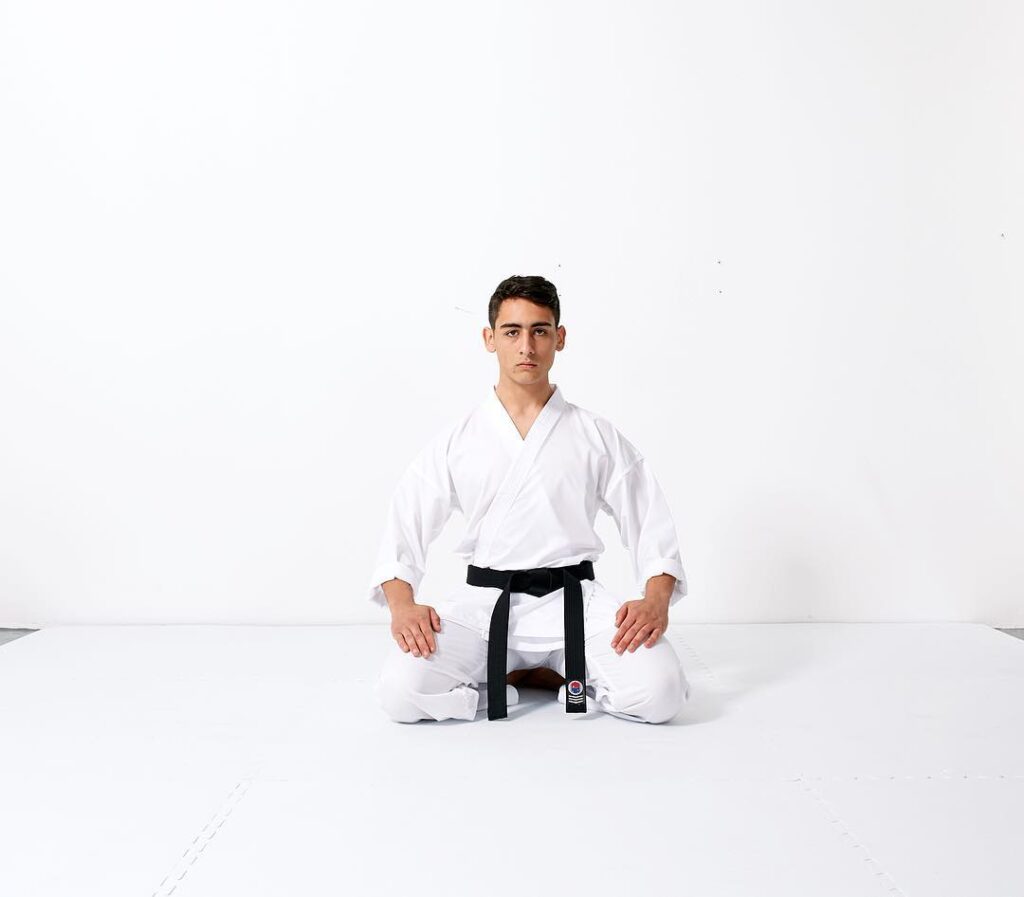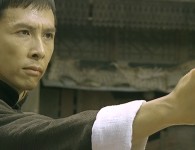
Martial arts are a type of mind-body exercise. Ideally, this means that we train our brains and our bodies in harmony, which allows us to improve our mental focus, strength, power, flexibility, and balance together. When our circumstances are less than ideal, though, it also means that we can continue our martial arts practice even when we can’t physically train.
Right now, most of us are being kept away from our gyms, martial arts classes, and training partners because of a global health emergency. But even in more normal times, we are faced with situations that can make training impossible or unwise. Maybe you’re injured or sick. Maybe you’re travelling and don’t have the space or time to work out. Or maybe you just need a rest day. No matter what is keeping you off the mats and out of the ring, there is something you can do to keep you mind in the game.
We’ve covered how to get back into action after a martial arts hiatus before. Now let’s talk about what you can do while you’re still away from technique training, sparring, and competition. Here are five ways to train your martial arts mind when your warrior body is taking a necessary break.
1. Read
Whether it’s a martial arts training manual, a biography of a famous martial artist, an anatomy textbook, an article about mental health, or even an AWMA Blog post, absolutely everything you read about martial arts, fitness, and health contributes to your growth as a martial artist. Reading in general has the ability to make you a more thoughtful, informed, and open-minded person, all of which are valuable qualities for a martial artist to cultivate. Reading about subjects that you can apply to your martial arts practice and cross-training give you the added bonus of being able to take those mind-expanding lessons that you’ve learned and fresh perspectives that you’ve considered and directly apply them to your work as a martial artist. You can even share what you’ve learned with your training partners and friends in a martial arts book club, like we suggested in our recent post about social distance training ideas!

2. Watch
Reading isn’t the only way to take in valuable new information. Video is also an excellent source of education for martial artists. And there are so many different video resources to learn from. Watch an instructional martial arts DVD for new insight into specific techniques. Watch a YouTube video for new tips and tricks to add to your arsenal when you can get moving again. Watch clips of different workout videos to see if there are any new cross-training ideas you might want to add to your training in the future. Watch home video of your own training and/or competitions to evaluate your performance and come up with ideas on how to improve it in the future. Watch a documentary about a martial artist for inspiration. You can even watch an action film to study the martial arts influence in the fight scenes. All of the above experiences will strengthen and condition your martial arts mind.
For more on the benefits of watching, see our blog post, “The Value of MMA DVDs. What Can You Learn?“
3. Talk
The physical aspects of working with a partner in martial arts training are obvious. We get valuable physical feedback from our training partners when we practice techniques on each other — and we get our first taste of how those moves work in practical situations when we spar with them. But that’s not the only thing we get from working together! We also learn from talking to them, and working through problems and ideas together. We can keep that spirit alive even when we’re not physically training with our fellow martial artists. Call or text a training partner to talk shop. You can also reach out to your coaches if they’re available. Whether it’s a quick check-in to see how they’re doing, a casual chat about a specific technique, or a deep discussion about your martial arts philosophies, reaching out to your martial arts family can keep you inspired and connected while you’re away from the gym.

4. Visualize
Visualization is when an athlete creates images related to their sport with the goal of enhancing their physical and mental performance. Athletes in a wide variety of sports, including top Olympians like Michael Phelps, believe that this mental practice plays a vital role in their overall success. Noted mixed martial arts coach Greg Jackson is also a believer. There’ a good chance that you’re already doing an informal version of it if you ever think about your martial arts training outside of the gym. So why not make your daydreams and casual thoughts a part of your mental training process? Start small, with a few simple images. Think about the first drills you’ll do when you get back to training, or one technique you’re particularly eager to try in your first sparring session. Then start building on those ideas, and begin to picture the steps you will take to reach your next training goal. If you’re ready to take your vision even further, you can also work on visualizing your next competition.
5. Write
Keeping a martial arts training log or journal is a great way to reinforce your mental training — and to start building future plans based on it. Take notes from your reading, watching, discussions, and visualizations that apply to your own martial arts journey. Write a journal entry about what you’ve learned and how it’s changed the way you think about your training, or even martial arts in general. Write out a list of training goals. Write out a series of steps that will help you attain those goals. And then, when you are able to start taking those physical steps toward your goals, write updates on your progress, as well.




















